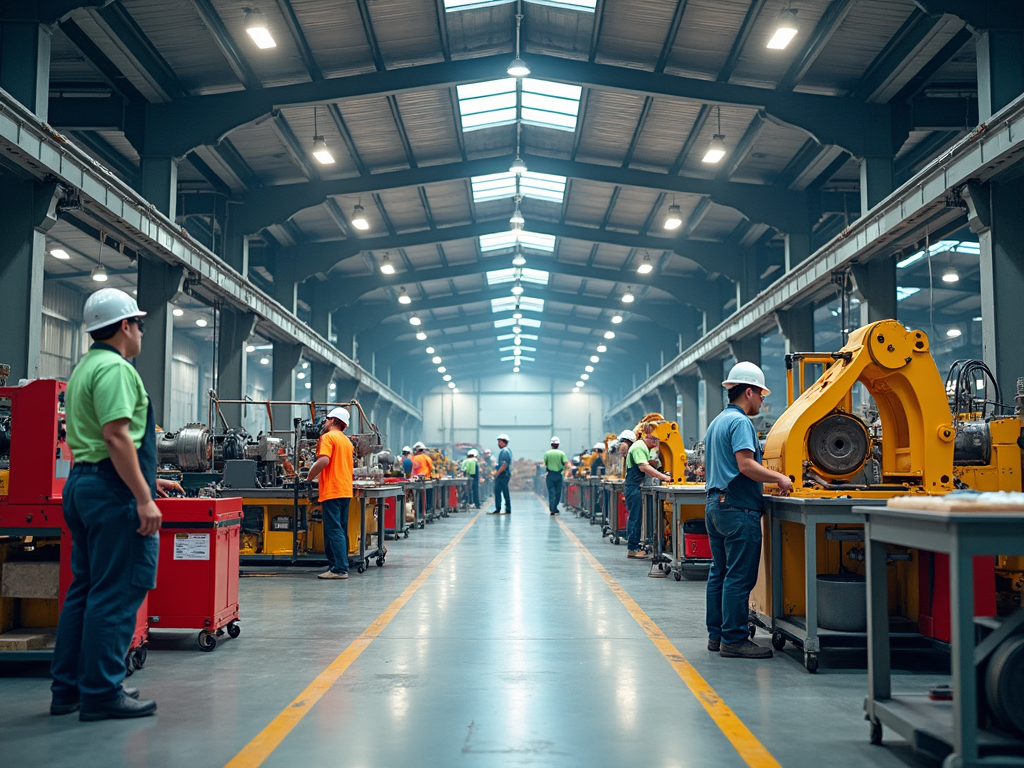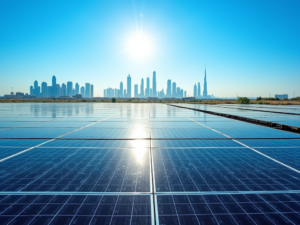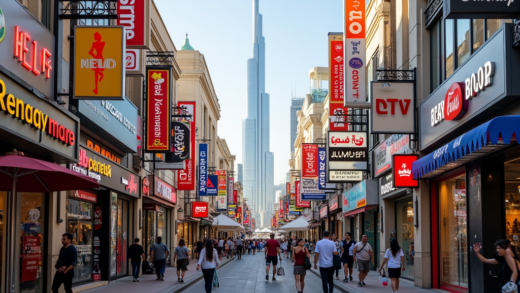Obtaining an industrial license in Dubai is a critical step for entrepreneurs and businesses looking to establish industrial operations in this dynamic market. The industrial license allows you to set up a manufacturing or production business within the UAE. This process, while straightforward, involves several essential steps and requirements that must be adhered to. This guide outlines the steps involved in getting an industrial license, including the necessary documentation, the application process, and additional considerations for success.
Understanding the Industrial License

An industrial license is a specific type of license issued by the Department of Economic Development (DED) in Dubai, allowing businesses to engage in manufacturing, processing, or production activities. The industrial sector is crucial to the UAE’s diversification strategy, making it essential for sustaining economic growth. To get this license, entrepreneurs must meet specific criteria and follow a systematic process. Understanding the implications and importance of having an industrial license is vital for ensuring compliance with local regulations.
Before applying for an industrial license in Dubai, applicants must prepare certain documents and information. These requirements typically include the following:
- Business plan outlining your business objective, production process, and forecast.
- Ownership documents, including a copy of passports and residency visas for all partners.
- Tenancy contract for the business premises, confirmed by the relevant authorities.
- Approval from the relevant authorities, such as the Ministry of Economy.
- Proof of technical expertise or qualifications related to the production process.
Having all necessary documents ready is crucial to ensure a smooth application process and avoid any potential delays.
The Application Process

The application process for getting an industrial license in Dubai involves several steps. Below is an overview of the process, which can be simplified into a series of actions:
- Prepare documents: Gather all required documentation, as previously mentioned.
- Submit an application: Apply online through the DED’s official website or visit their office directly.
- Obtain initial approval: You will receive a preliminary approval certificate after document assessment.
- Secure approval from other departments: This may include obtaining environmental clearances or additional permits from other government entities.
- Receive the industrial license: Once all approvals are secured, you will receive the industrial license.
Following these steps thoroughly will simplify the licensing process, ensuring compliance with local regulations and enhancing your chances of success in your business endeavor.
Caveats and Considerations
While obtaining an industrial license may seem straightforward, there are several caveats and considerations you should keep in mind. The industrial landscape in Dubai is competitive, and to stand out, businesses should focus on compliance, local partnerships, and sustainability. Additionally, understanding the following aspects can be beneficial:
- Compliance with laws: Ensure that your operations adhere to local laws and regulations to avoid penalties.
- Quality standards: Familiarize yourself with industry-specific quality standards and ensure their implementation.
- Cost considerations: Take into account the costs involved in setting up your industrial facility, including raw materials, labor, and utilities.
- Market research: Conduct diligent market research to understand demand and competition within your sector.
- Networking: Engage with local business councils or chambers of commerce to establish valuable connections and partnerships.
Approaching these considerations actively will make for a stronger foundation for your business and increase its chances of sustainability.
Conclusion
Obtaining an industrial license in Dubai is an essential step for setting up manufacturing operations in the region. By understanding the requirements and following the application process meticulously, entrepreneurs can navigate through the complexities with ease. With careful planning and consideration for compliance and market demands, your industrial venture can thrive in Dubai’s robust economy.
Frequently Asked Questions
1. What is the validity period of an industrial license in Dubai?
The validity of an industrial license in Dubai is typically one year, and it can be renewed annually upon fulfilling existing requirements.
2. Can a foreigner apply for an industrial license in Dubai?
Yes, foreigners can apply for an industrial license in Dubai, but they must have a local sponsor or partner with a UAE national.
3. Is there a minimum capital requirement for obtaining an industrial license?
Yes, the minimum capital requirement varies depending on the type of industrial activity and the location of the facility but typically starts around AED 250,000.
4. Are there any specific geographic restrictions for industrial licenses?
Yes, certain areas in Dubai are designated for industrial activities. Businesses must operate within these zones to comply with the licensing requirements.
5. What types of businesses require an industrial license in Dubai?
Manufacturing and production businesses across various sectors—such as food and beverages, textiles, chemicals, and electronics—require an industrial license to operate legally in Dubai.







